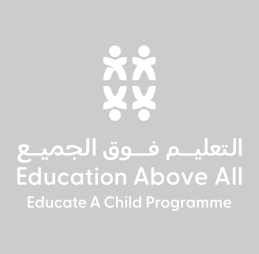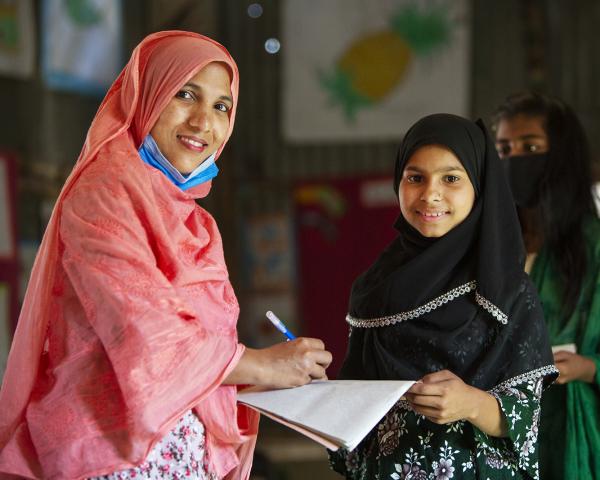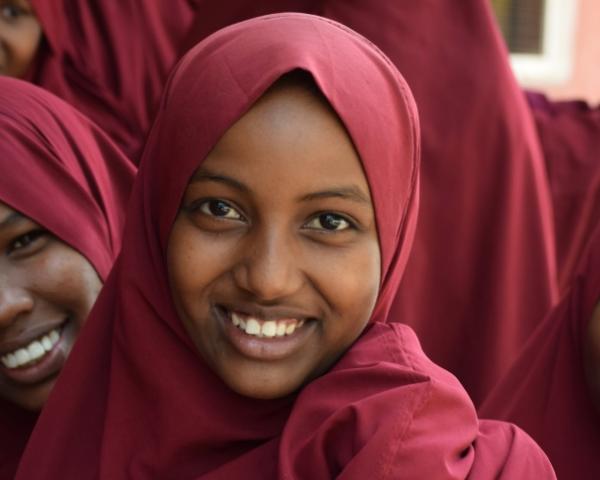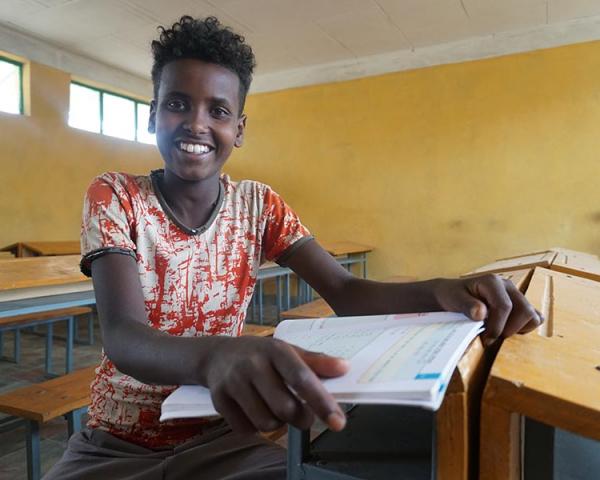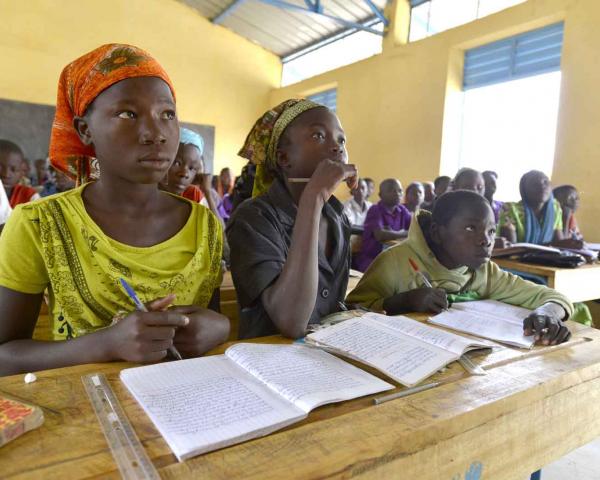Supporting Fourth Primary Education Development Programme
The Asian Development Bank (ADB), established in 1966, envisions a prosperous, inclusive, resilient and sustainable Asia and the Pacific while sustaining its efforts to eradicate extreme poverty in the region. Despite the region's many successes, it remains home to a large share of the world’s most impoverished people: 263 million living on less than US$1.90 a day and 1.1 billion on less than US$3.20 a day. To that end, ADB supports projects in developing member countries that create economic and development impact, delivered through both public and private sector operations, advisory services, and knowledge support. Therefore, ADB works within its developing member countries to achieve the goal of quality education for all.
Aiming to build on the achievement and lessons learned from previous interventions in Bangladesh’s primary education subsector, the main objective of the EAC-ADB Primary Education Development Programme (PDEP) initiative is to provide quality education to all children through class 5 vis-à-vis an efficient, inclusive and equitable education system.
Moreover, PDEP supports the Government of Bangladesh’s goal of realising Vision 2021 and is consistent with the reform priorities articulated in the country's National Education Policy (NEP). Key outputs comprise: 1) improving the quality of teaching and learning to enable children including those formerly OOSC to acquire the essential grade-level competencies; 2) providing all communities with learning environments that support the participation of all children and ensure the continuity of education; and 3) strengthening governance, providing adequate and equitable financing, as well as good management of the subsector. This project, using a results-based financing model, aims to scale education services for underserved children, including OOSC between the ages of 8-14 who have dropped out; have never been enrolled, and have not passed the country’s Primary Education Completion Examination (PECE).
Furthermore, children will have the opportunity to enrol in alternative-learning programmes. The project will apply several second-chance models, including accelerated learning and multi grade teaching learning models.
For more information about this EAC Implementing Partner, please visit the Asian Development Bank website.







